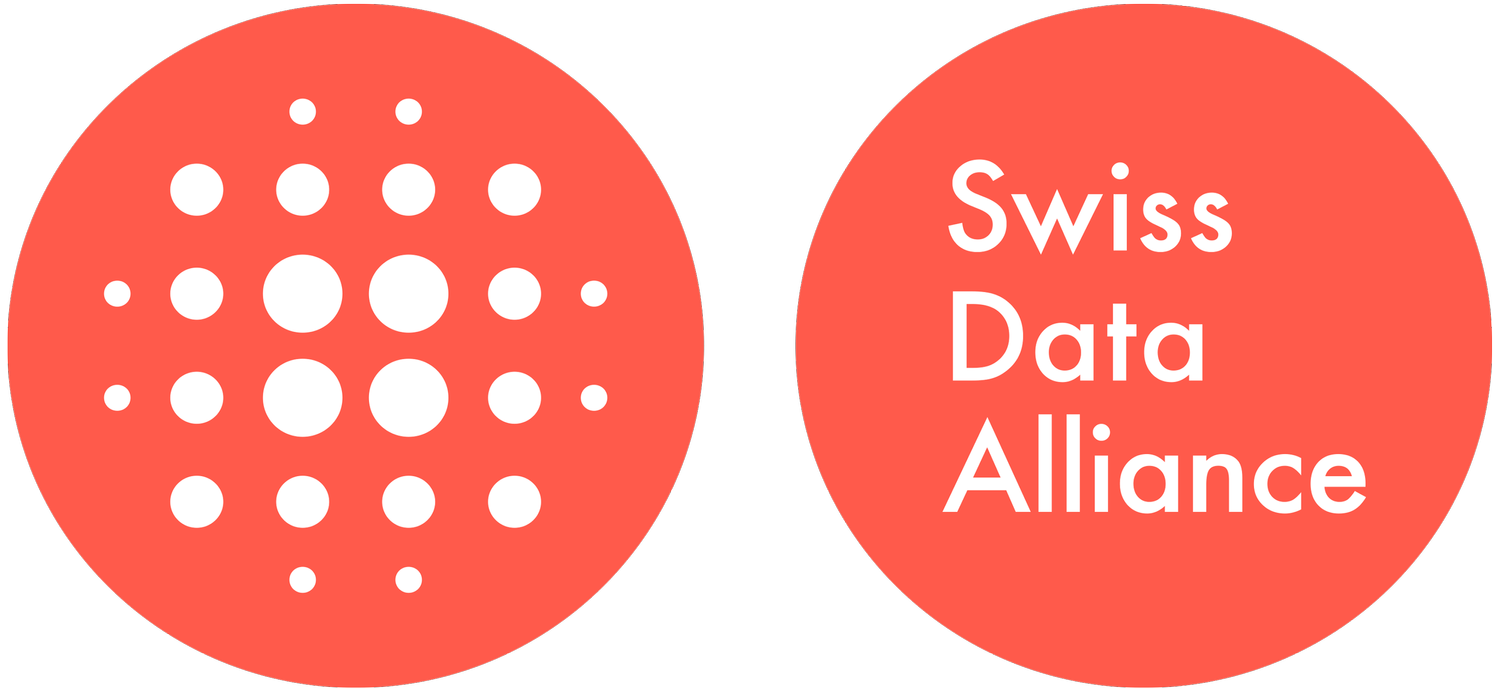
For a constructive
Swiss data policy
As an independent think tank, we promote dialogue between public authorities and research institutions, business associations, companies and civil society organizations.
News
With its report on the Z'graggen motion, the Federal Council is sending a strong signal for self-determined policy.
If we demand a right to the analog route today, we should also talk about a right to digitization at the same time.
The second "Swiss Data Space Forum" focused on five success factors for the further development of the Swiss data ecosystem.
A new study shows that while there are over a hundred data exchange initiatives in Switzerland, their full potential is far from being exhausted.
Non-monetary levers such as transparent feedback loops and structurally anchored patient participation are needed.
The workshop series with the BACS showed that in the event of a crisis, there is a need for improved data-based interaction between the operators of critical infrastructures.
Digital sovereignty comes into play where Switzerland as a state is institutionally affected. It concerns systemically effective events that affect the state as a whole.
In order to enable increased use of open data, the master's thesis recommends an open data strategy and the establishment of a central coordination role (Data Steward).
The hurdles cited by the Federal Council that speak against the motion are operational in nature.
A central, national data collection and infrastructure is crucial for making informed policy decisions.
How can data contribute to solving social challenges – and where are suitable data sources? The five-day intensive course takes place in Zurich and Bern.
Publications
Our publications get to the bottom of data policy issues. The articles are usually created collaboratively with various partners and aim at practice-related recommendations for Switzerland.
“The way the Swiss Data Alliance co-designs policies with actors from science, politics, business and administration is textbook collaborative governance.”
– Kevin Andermatt, Institute for Public Management at the ZHAW
Our approach
Data unfolds its maximum value when we consider it as a common good (\"Commons\"). For this to happen, there needs to be an exchange between all actors on an equal footing. The rights of users must be a particular focus: Every person needs a copy of the data they have generated – and should be able to independently control its further use.



















